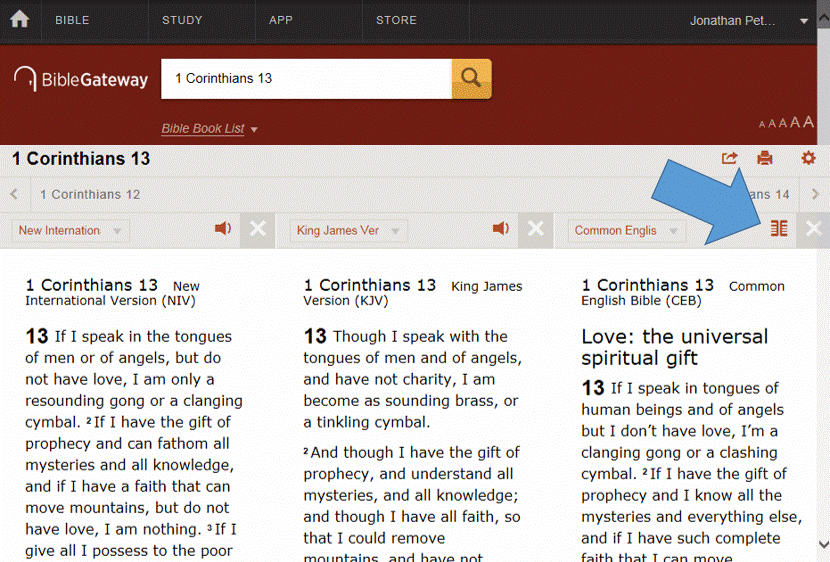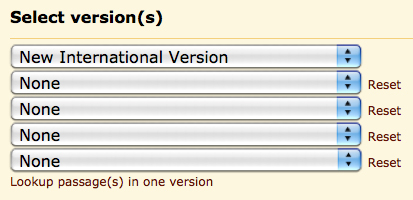[Editor’s note: The following article by Leah Marieann Klett is re-published by permission of The Gospel Herald (@TheGospelHerald).]
The ascension of Jesus Christ is one of the most significant events recorded in the New Testament. In the Christian tradition, Ascension Day marks the 40th day of Easter, and commemorates Jesus Christ’s ascension into heaven following his death and resurrection, as recorded in the passages found in Luke 24:50-51 and Acts 1:8-11.
According to the biblical account of the ascension, Jesus appears to the disciples in His glorified state after rising from the dead. Jesus then encourages His disciples that they will “receive power when the Holy Spirit comes on you.” He tells them that they must serve as His “witnesses in Jerusalem, and in all Judea and Samaria, and to the ends of the earth.”
Immediately after these words are spoken, the ascension takes place: “He was taken up before their very eyes, and a cloud hid him from their sight. They were looking intently up into the sky as He was going, when suddenly two men dressed in white stood beside them. ‘Men of Galilee,’ they said, ‘why do you stand here looking into the sky? This same Jesus, who has been taken from you into heaven, will come back in the same way you have seen him go into heaven.'”
Christ’s ascension into Heaven marked the crowning event of His exaltation, and served as a necessary precursor to His continuing work through the Spirit and the church.
Having paid the ultimate price for the sin of humanity—death on the cross—Jesus Christ is now risen and exalted, and applies the salvation He has won by granting the gifts of repentance and forgiveness of sins. Thus, Ascension Day is significant because it provides believers with the hope of Christ’s return and proclaims the hope and glory held out to all who are in Christ.
Here are some verses to ponder as you observe this Ascension Day and thank God for the finished work of His son, the Holy Spirit’s presence in our lives, and the promise of Christ’s return.
Having been raised from the dead, Christ is now glorified and seated at the right hand of God
Mark 16:19 — “After the Lord Jesus had spoken to them, he was taken up into heaven and he sat at the right hand of God.”
Luke 22:69 — “But from now on, the Son of Man will be seated at the right hand of the mighty God.”
John 20:17 — “Jesus said, ‘Do not hold on to me, for I have not yet ascended to the Father. Go instead to my brothers and tell them, “I am ascending to my Father and your Father, to my God and your God.”‘”
Hebrews 1:3 — “The Son is the radiance of God’s glory and the exact representation of his being, sustaining all things by his powerful word. After he had provided purification for sins, he sat down at the right hand of the Majesty in heaven.”
Hebrews 12:2 — “Fixing our eyes on Jesus, the pioneer and perfecter of faith. For the joy set before him he endured the cross, scorning its shame, and sat down at the right hand of the throne of God.”
Now in His glorified state, Christ continually intercedes on our behalf to God the Father
Romans 8:34 — “Who is to condemn? Christ Jesus is the one who died—more than that, who was raised—who is at the right hand of God, who indeed is interceding for us.”
Hebrews 7:25 — “Therefore He is able to save completely those who come to God through Him, because he always lives to intercede for them.”
Romans 8:27 — “And he who searches our hearts knows the mind of the Spirit, because the Spirit intercedes for God’s people in accordance with the will of God.”
As Jesus promised during His ascension, we are now indwelt with the Holy Spirit
John 7:39 — “By this he meant the Spirit, whom those who believed in him were later to receive. Up to that time the Spirit had not been given, since Jesus had not yet been glorified.”
Acts 2:33 — “Exalted to the right hand of God, he has received from the Father the promised Holy Spirit and has poured out what you now see and hear.”
Acts 7:55 — “But Stephen, full of the Holy Spirit, looked up to heaven and saw the glory of God, and Jesus standing at the right hand of God.”
John 14:26 — “But the Advocate, the Holy Spirit, whom the Father will send in my name, will teach you all things and will remind you of everything I have said to you.”
Christ will someday return to earth
Acts 3:19-21 — “Repent, then, and turn to God, so that your sins may be wiped out, that times of refreshing may come from the Lord, and that he may send the Christ, who has been appointed for you – even Jesus. He must remain in heaven until the time comes for God to restore everything, as he promised long ago through his holy prophets.”
Acts 17:31 — “For he has set a day when he will judge the world with justice by the man he has appointed. He has given proof of this to everyone by raising him from the dead.”
1 Corinthians 1:7 — “Therefore you do not lack any spiritual gift as you eagerly wait for our Lord Jesus Christ to be revealed.”
1 Corinthians 4:5 — “Therefore judge nothing before the appointed time; wait till the Lord comes. He will bring to light what is hidden in darkness and will expose the motives of men’s hearts. At that time each will receive his praise from God.”





















